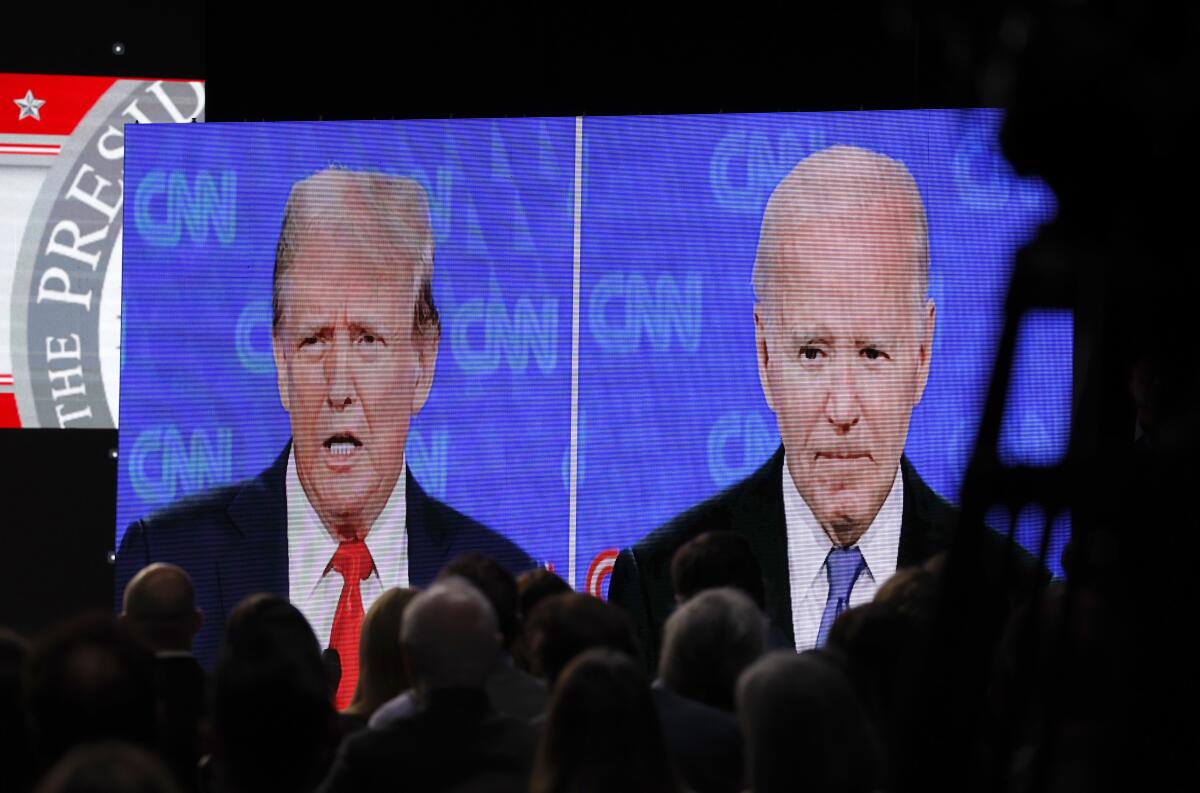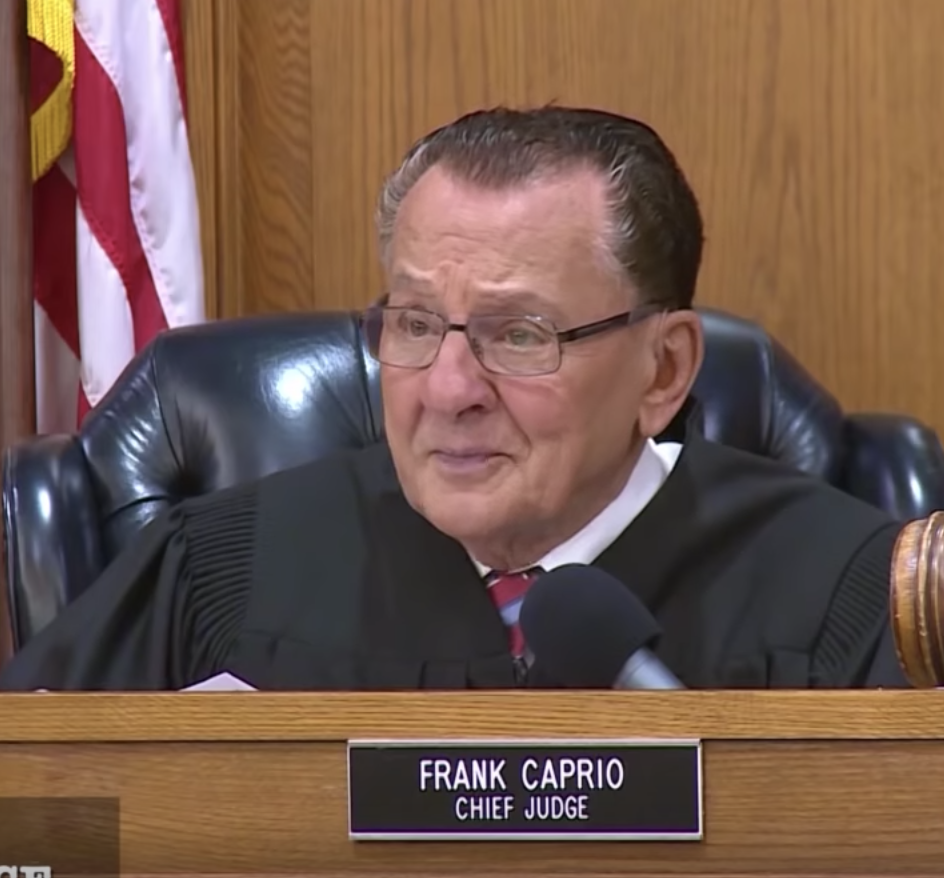… you opened the morning paper and discovered there were no ethics scandals in the news? No stories about cheating, lying, broken promises, bad faith excuses; no individual fudged the numbers, misled or deceived a co-worker, family member or friend?

At the end of a recent talk, one person confided, “With all the ethics scandals going on, your talk could not be more timely.” I smiled as I recalled the same comment from an individual after the first talk I gave in September 1995.
The reality is that so many organizations believe it can’t happen to them… until it does.
This brings me to Wal-Mart and the bribery scandal that has grown to envelop many more prominent U.S. companies. The Washington Post reports (May 8), that even as Wal-Mart faces stiff punishment for having violated U.S. anti-bribery law, “The list of those facing federal bribery inquiries stretches well beyond 100 and includes household names such as Pfizer, 3M,Goldman Sachs and Alcoa. Even icons of corporate responsibility such as General Electric and IBM have paid hefty sums to settle allegations, part of a broader effort that has netted the government billions in fines in recent years and landed some executives in prison.”
According to the Department of Justice, The Foreign Corrupt Practices Act of 1977… was enacted for the purpose of making it unlawful for certain classes of persons and entities to make payments to foreign government officials to assist in obtaining or retaining business.”
So, why do so many smart people and companies feel they have to break the law in order to do business?
Reality number 2: Too many people believe that ethical obligations can be adjusted to the character and conduct of those we deal with, but ethics is not that flexible. If you are willing to do whatever it takes to get the contract, along with breaking the law, what kind of message are you sending throughout your organization?
Ethics is an individual responsibility and opportunity. Improving the ethical culture of any organization can only be made one person at a time, one decision at a time.
While there will always be people who lie, cheat and steal, most people want to be ethical. They want to be worthy of the respect and admiration of others, and they want to be part of a profession that proudly stands for nothing less than total integrity. Sometimes, however, moral aspirations are sublimated by desires, fears or a corporate culture that may push us into compromising ethical principles.
In my experience, the issues faced by most organizations come down to a choice between what they want and who they want to be. In order to foster an ethical culture, principles like honesty, integrity, respect, responsibility, fairness, and caring need to be treated as ground rules of decision-making, not just another set of criteria to consider in a cost/benefit analysis.
Reality number 3: Most individuals and companies caught in unethical activities typically overestimate the cost of doing the right thing and underestimate the cost of failing to do so.
In making any decision, business or personal, ethicist Michael Josephson asks, “Is the goal truly necessary?”
1/ What would you do if you knew you couldn’t get what you want?
2/ Would a disinterested outsider believe the goal was necessary?
3/ Would you do it if you knew your goal was a “want” rather than a “need”?
“Are the specific means you are considering truly necessary to achieve your goal?”
1/ What would you do if those means were unavailable to you?
2/ Would a disinterested outsider think the conduct is necessary to achieve the goal?
3/ Will the means jeopardize or change the nature of the goal?
What if… we all woke up tomorrow with a greater awareness and commitment to do the right thing – to be more honest, fair, respectful, responsible, accountable and caring? How would that impact our relationships? How would that impact our profession or business practices?
Living a life of integrity is not easy. If it were easy, everyonewould be doing it!
True moral integrity requires sacrifice and vigilance. It requires us to place principle over expediency or self-interest. And sometimes it requires the necessary moral courage to stand up and do the right thing in spite of the social, economic or political pressures that are brought to bear.
From time to time, each of us will be asked to choose between what we want and who we want to be. Some choices will be small and affect few; some will be significant and affect many. How we make those choices will ultimately determine the purpose and course of our lives.
Comments










